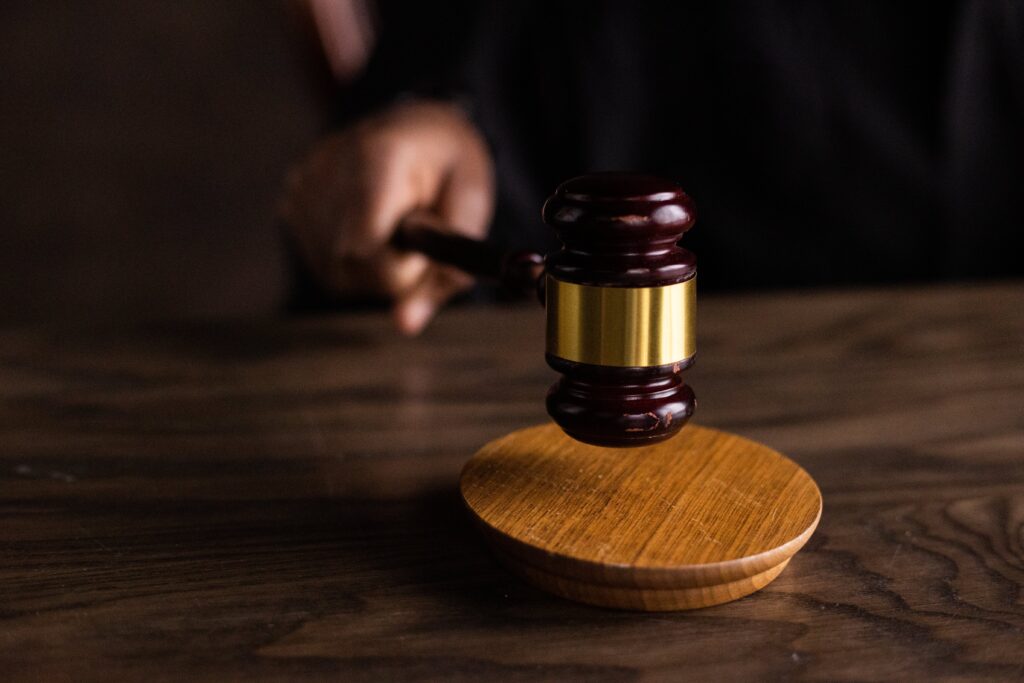What are the grounds for divorce in South Carolina:?
- Adultery (heterosexual or homosexual)
- Habitual drunkenness
- Physical cruelty (note that emotional abuse, irreconcilable differences, or mental cruelty, are not sufficient)
- Abandonment (when one spouse is gone for longer than a year from the marital home)
South Carolina also has no fault divorce grounds, which is based upon the parties living separate and apart for at least one year. It is important to note that the spouses must live separate and apart, in separate residences, for the entire one year period. Unlike some other states, South Carolina does not allow spouses to live separately, in separate rooms, within the same residence.









